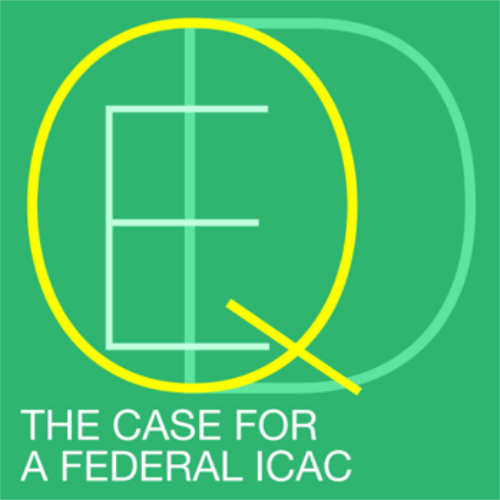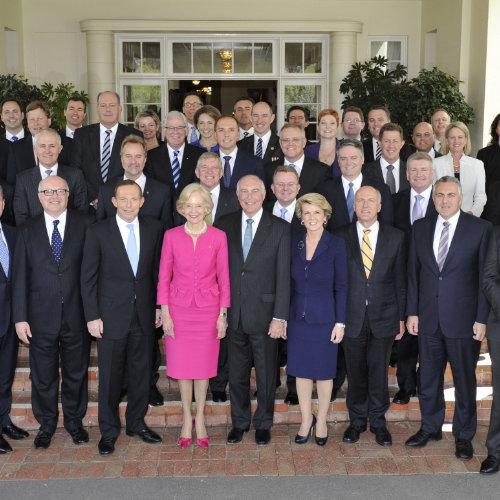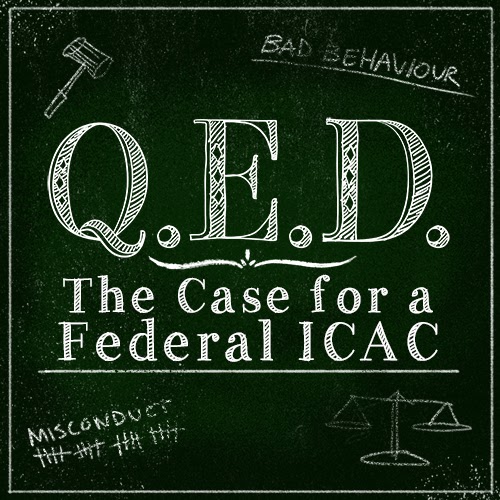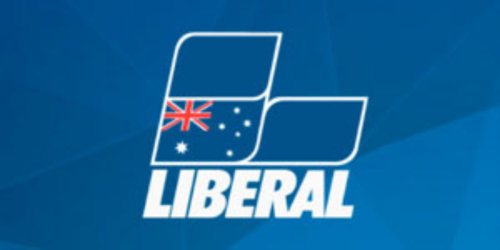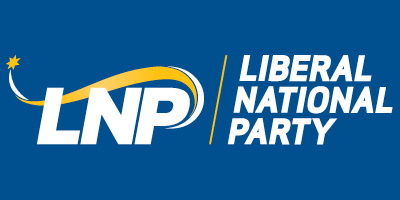Abbott-era MPs: ‘leaners’ on the public payroll
2016 – ongoing
More than 40% of the Abbott-era MPs who left politics were appointed to government jobs. “It basically means they are giving favours to their friends.” – Monash University senior law lecturer Dr Yee-Fui Ng.
Crikey‘s investigation has revealed that while many MPs found rich corporate pickings, far more found fruitful careers on the public purse.
Of more than 120 Coalition MPs and senators elected or serving in the 44th Parliament, 57 have since left politics either by losing their seat, losing preselection or retiring (WA MP Don Randall passed away in 2015). Of those, 26 were able to secure a new job at taxpayers’ expense.
Seven landed diplomatic positions while four were appointed to the Administrative Appeals Tribunal. But as Crikey reports, most ended up in the wide range of board positions available to governments: Warren Truss is head of the Australian Rail Track Corporation; Louise Markus chairs the Australian Institute of Health and Welfare; Michael Ronaldson went to Australia Post and Snowy Hydro; Fiona Scott and Ewen Jones to the National Film and Sound Archive; Jamie Briggs to Moorebank Intermodal; and Tony Abbott himself was appointed to the Australian War Memorial Council in 2019.
As Crikey noted: “All governments appoint former members to diplomatic roles and boards, but this government treated public office as a retirement gift.”
Andrew Robb’s $880k China consultancy started day before 2016 election
A 30-year veteran of the mainstream media, Liz was the editor of MWMuntil June 2021. Liz began her career in journalism in 1990 and worked at The Age newspaper for two 10-year stints. She also worked at The Guardian newspaper in London for more than seven years. A former professional tennis player who represented Australia in the 1984 Los Angeles Olympics, Liz has a Bachelor of Arts and a Bachelor of Letters (Hons).
